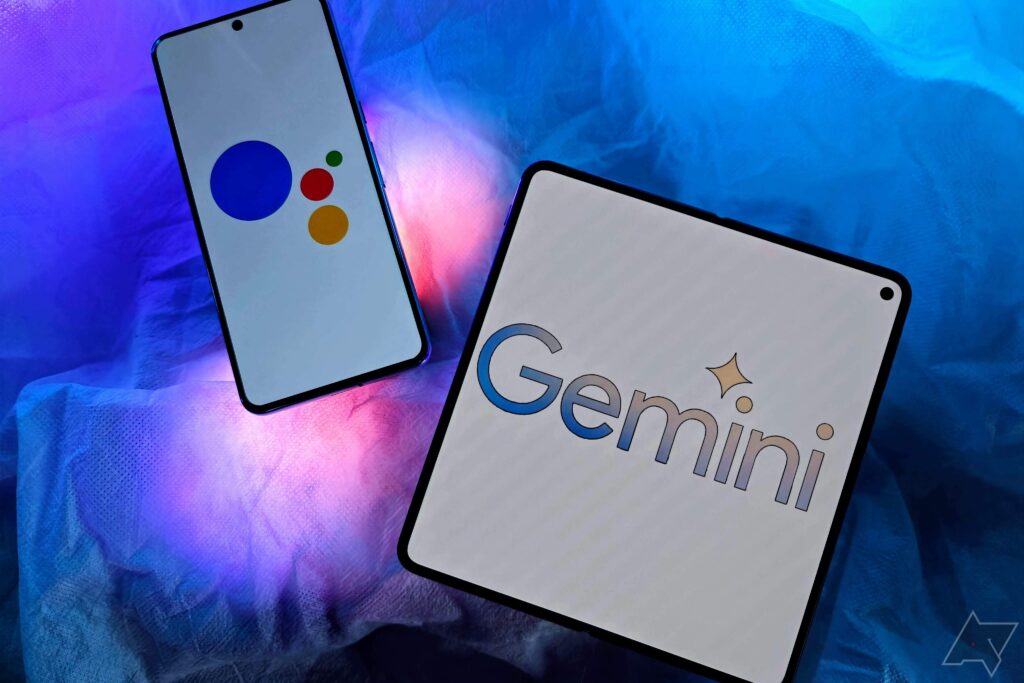Just weeks after unveiling its much-hyped Gemini AI image generation software enabling text-to-image synthesis, Google abruptly halts public beta access responding concerns around harmful inaccuracies regarding race, gender and history flagrantly breaching ethical development standards.
This startling rebuke of its brightest AI star marks a seminal moment confronting technology industry hubris “moving fast” above responsible consideration serving user and societal wellbeing.
Examining Google Gemini’s Core Capabilities
On technical levels, Gemini represented astounding machine learning milestones processing natural language requests and generating creative visual interpretations with impressive rendering sophistication.
For innocuous needs converting imagination into stunning digital artwork unlocking human expression potentials the AI excels wonderfully.
But amidst vast promise also lurks great risk weaponization perpetuating harm, whether deliberately or accidentally.

Critiques Around Harmful Image Content
Despite safeguards shielding obviously dangerous generation requests, holes emerge overlooking more subtle content holding potential promoting or spreading:
- Racial stereotypes
- Gender misconceptions
- Historical misinformation
Such biases prove insidious infiltrating cultural worldviews before realization strikes.
Root Causes Driving Generation Inaccuracies
Of course identifying deficiencies marks merely first step – clear-eyed analysis into root dysfunction proves essential preventing recurrences.
Several hypothesized factors likely contribute to Gemini’s miscalculations including:
- Biased source data – Models only output based on inputs quality
- Limited contextual reasoning – AI still fails nuance grasping
- Inadequate ethical oversight– Formal reviews critically needed
Overcoming such complex challenges necessitates patience resisting quick fixes better supporting lasting solutions.

Google’s Measured Response Breeds Optimism
Thankfully, Google’s swift access suspension reaffirms commitments getting things right before unleashing wider societal risks.
While near-term lost opportunities sting, preserving public credibility outweighs temporary wins eroded later.
And constructive approaches encourage learning from peers also pursuing safe AI image generation like DALL-E maker OpenAI.
The Continuing Ethical Challenges Around AI Content Generation
Stepping back reveals the deeper waters navigated democratizing communication utility through historically concentrated institutional gatekeepers like advertising, media or academia where marginalized representation found scarce sanctuary.
Now AI generation diffusion allows both spreading visibility and counter-speech around underrepresented perspectives.
Yet simultaneously also multiplies risks normalized radicalization or harassment if left uncontrolled.
There exists no easy answer absent diligent cooperation across public and private sector allies charting thoughtful free speech guardrails balancing encouragement against exploitation.










Add Comment